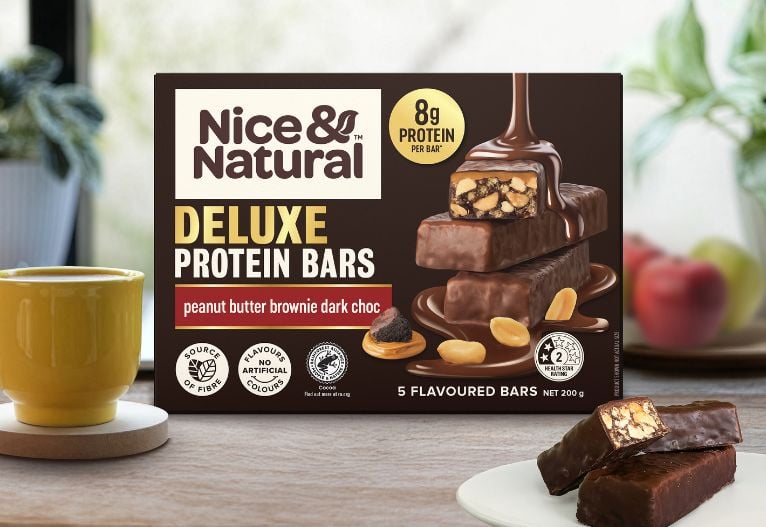Probiotics, are good bacteria that provide a health benefit when consumed.
Our intestines are home to literally trillions of microbes, plus there are numerous bacterial types living on our skin, within our genital and urinary tracts and in our respiratory tract.
Recent findings even show them to exist in the uterine environment during pregnancy, and in the breast (meaning they make their way into the breast milk, potentially influencing the health of the breastfed child).
Probiotics have recently been the subject of an explosion of scientific research, and these studies have revealed some very interesting findings in terms of what they can do for our health.
Results suggest that taking a probiotic supplement, and consuming a fibre-rich diet that promotes friendly bacteria growth, can be very good for a range of reasons.
Read on to understand how bacteria can benefit you and your family:
1. Immune Defence
Good bacteria work in a number of ways to protect us from infection.
Firstly they compete with unfriendly microbes (pathogens) for attachment sites, and for food in areas where an infection may develop.
This helps to keep concentrations of bad bacteria under control.
Beneficial bacteria also produce a range of chemicals that can inhibit infection development, plus they directly stimulate the immune system.
The result of having a healthy balance of good bacteria in your body is therefore a reduced risk of infection (including upper respiratory tract infections, gastroenteritis, UTIs, vaginosis and even infectious lactational mastitis).
2. Digestive Health
Good bacteria help us to digest our food.
Therefore, a result of taking a good probiotic is likely to be reduced digestive discomfort. Improving your diet is fundamental in achieving this outcome also.
Clinical trials also suggest certain good bacteria types can reduce local inflammation in the intestines, minimise gas and bloating, and normalise bowel habits (reducing bouts of constipation and/or diarrhoea).
3. Allergy Prevention
It seems that good bacteria interact with the developing immune system, and play a role in its “maturation” or “development”.
As a result, factors that compromise a healthy balance of bacteria (e.g. antibiotic use) have been shown to increase the risk of allergy-type conditions developing.
Understanding this, a number of trials have investigated the role of good bacteria in helping to modulate the immune system and thus reduce the incidence and severity of allergic diseases.
Taking a probiotic during pregnancy, and administering a baby-friendly blend to the infant after birth (for 6 months) is shown to cut a child’s risk of developing an allergy in half.
4. Blood Sugar Control and Healthy Weight
Good bacteria have been linked to healthy metabolism, blood sugar and appetite control.
Of course, there are numerous interacting factors that play a role in this, however addressing the state of the bacterial balance in the gut has produced impressive outcomes.
This makes probiotics and prebiotic fibres (fibre that feeds good bacteria) a worthy incorporation into a weight-loss/weight-management program.
5. Mood
Incredibly, science has discovered that the bacteria in our gut communicate with our brains (via nerves and the blood), and have the ability to influence our emotion and behaviour.
In addition to this, an imbalance of bacteria in our intestines during early development can negatively influence the development of our ability to cope with stress in a healthy way.
Recognising this, probiotics, and a diet that promotes good bacteria (ie. rich in fibrous plant foods) can also help toward achieving a healthy mood.





















3:28 pm
12:46 pm
8:12 pm
9:30 pm
7:19 am
5:38 pm
7:51 pm
-

-
-
mom93821 replied
- 02 Dec 2014 , 12:09 pm
Reply1:48 am
10:05 am
8:37 pm
4:24 pm
2:50 pm
11:12 pm
-

-
-
mom94125 replied
- 18 Oct 2015 , 2:41 pm
Reply8:14 pm
6:10 pm
5:58 pm
10:37 am
7:56 am
10:19 pm
5:15 pm
- 1
- 2
- »
Post a commentTo post a review/comment please join us or login so we can allocate your points.